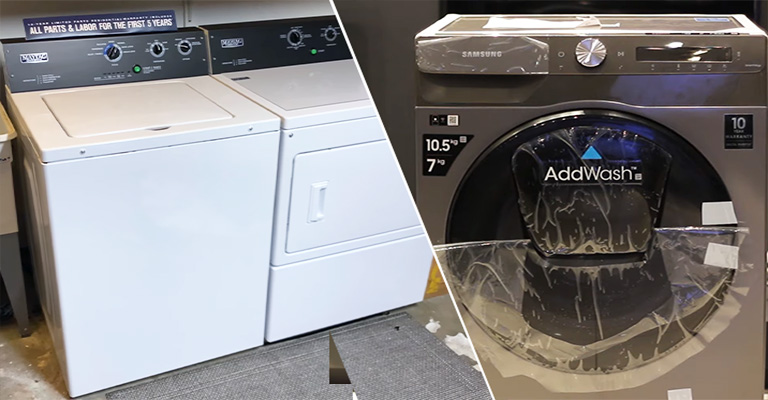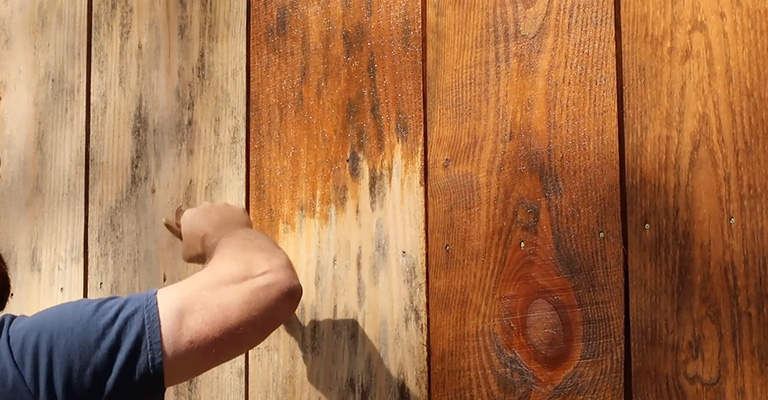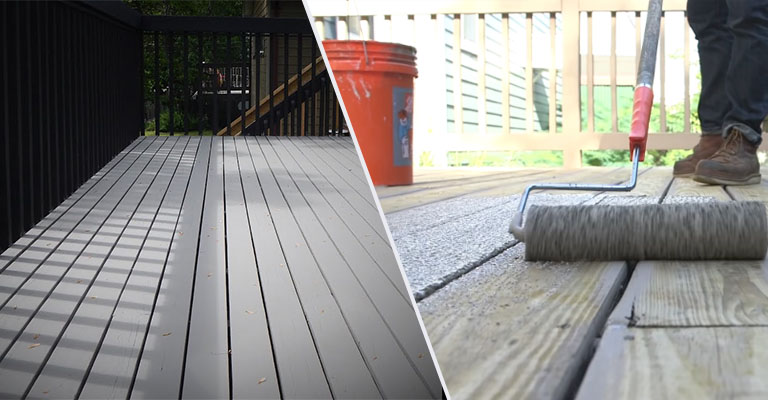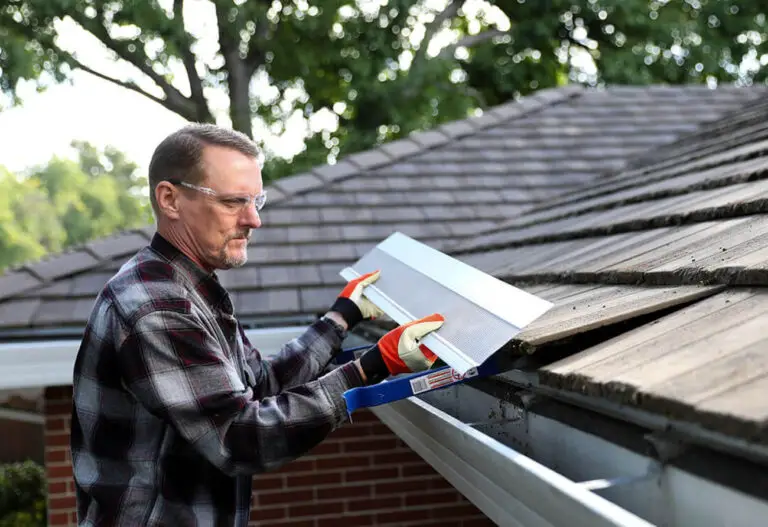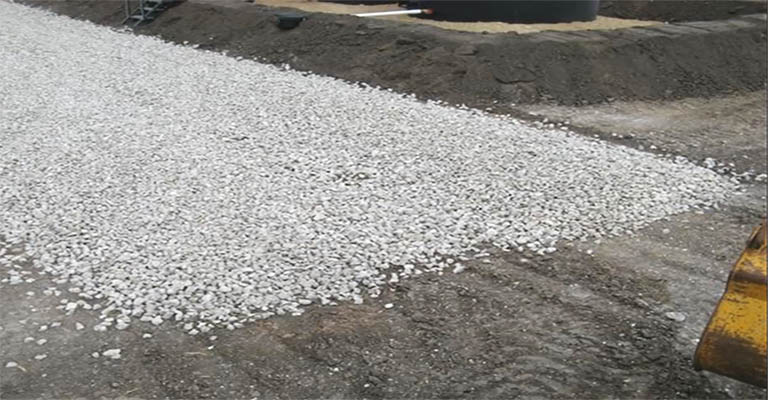Understanding the Risks of Gas Smell in House

Detecting a gas smell in your home can be an alarming experience. It’s essential to recognize the potential risks associated with this issue and understand the necessary steps to ensure safety and resolve the problem efficiently.
1. Identifying the Gas Smell: Natural Gas and Propane
Natural gas, commonly used in households, is odorless in its natural state. However, for safety reasons, a compound called mercaptan is added, giving it a distinctive, sulfur-like smell often compared to rotten eggs. If you notice this odor in your house, it’s a clear indicator of a possible gas leak.
2. Immediate Steps to Take When You Smell Gas
If you detect a gas smell:
1. Evacuate the area immediately. Prioritize the safety of all inhabitants.
2. Avoid using electrical switches or appliances. These could trigger a spark.
3. Open windows and doors if it’s safe to do so, to allow ventilation.
4. Contact emergency services once you’re in a safe location.
3. Potential Causes of Gas Smell in the House
Various issues can cause a gas smell in your home, including:
1. Leaking Gas Appliances: Regularly inspect appliances like stoves, heaters, and fireplaces.
2. Damaged Gas Lines: Both indoor and outdoor gas lines can suffer damage.
3. Improperly Fitted Connections: Check the fittings on your gas appliances.
4. Health Implications of Gas Exposure
Prolonged exposure to natural gas can have health implications, such as headaches, dizziness, nausea, and in extreme cases, asphyxiation. If you experience these symptoms, seek medical attention immediately.
5. Preventive Measures to Avoid Gas Leaks
To prevent gas leaks:
1. Regular Maintenance: Have your gas appliances and lines inspected annually.
2. Install Gas Detectors: These can alert you to leaks even before you smell gas.
3. Know Your Appliances: Understand how your gas appliances should operate.
6. Professional Inspection and Repair
If you suspect a gas leak, it’s crucial to have a professional inspect and repair any issues. DIY repairs can be dangerous and are not recommended.
7. Legal and Insurance Considerations
After a gas leak, consult with your insurance provider to understand your coverage. In some cases, legal action might be necessary, especially if the leak was due to negligence.
8. Educating Your Family on Gas Safety
Educate all family members about the signs of a gas leak and the steps to take in an emergency. This knowledge can be lifesaving.
9. When to Re-enter Your Home
Only re-enter your home after a professional has deemed it safe. The absence of a gas smell does not always mean the environment is safe.
10. Special Considerations for Older Properties
In older homes, the risk of gas leaks might be higher due to aging pipes and outdated appliances. It’s crucial to be extra vigilant in these properties and consider upgrading or replacing old gas systems.
11. Leveraging Smart Home Technology for Safety
Smart home technology offers advanced ways to detect and alert homeowners of gas leaks. Devices like smart gas detectors can be integrated with home automation systems, providing real-time alerts and even remote monitoring.
12. How Utility Companies Handle Gas Leaks
Utility companies have protocols for dealing with reported gas leaks. Understanding how your local gas utility responds can help you better prepare and react in an emergency situation.
13. The Environmental Perspective
Beyond safety concerns, gas leaks can have environmental implications. Methane, a primary component of natural gas, is a potent greenhouse gas. Addressing leaks promptly is also crucial for environmental protection.
Conclusion
Being vigilant about natural gas leak smells in your home is not just a matter of comfort but a critical safety concern. Natural gas leaks, often characterized by a distinct gas leak smell similar to rotten eggs, require immediate attention to prevent potential hazards, including the risk of carbon monoxide poisoning. It is vital to recognize the natural gas smell and act swiftly by contacting your local gas company for an emergency inspection. Regular checks of your gas line, appliances, and natural gas connection by qualified professionals can significantly reduce the risk of leaks. Awareness and proactive measures are key to ensuring the safety and well-being of your household.
Furthermore, understanding the role of gas companies in maintaining and monitoring the gas meter and infrastructure is crucial for homeowners. In case of a suspected gas leak, the prompt response of your local gas company can be lifesaving. They are equipped to handle emergencies and can provide guidance on how to deal with natural gas leaks safely. Regular collaboration with these companies for inspections and maintenance ensures that your home’s gas systems function safely and efficiently. Remember, taking preventative measures and having a robust response plan can help mitigate the risks associated with natural gas leaks, ensuring the safety and peace of mind for you and your family.


